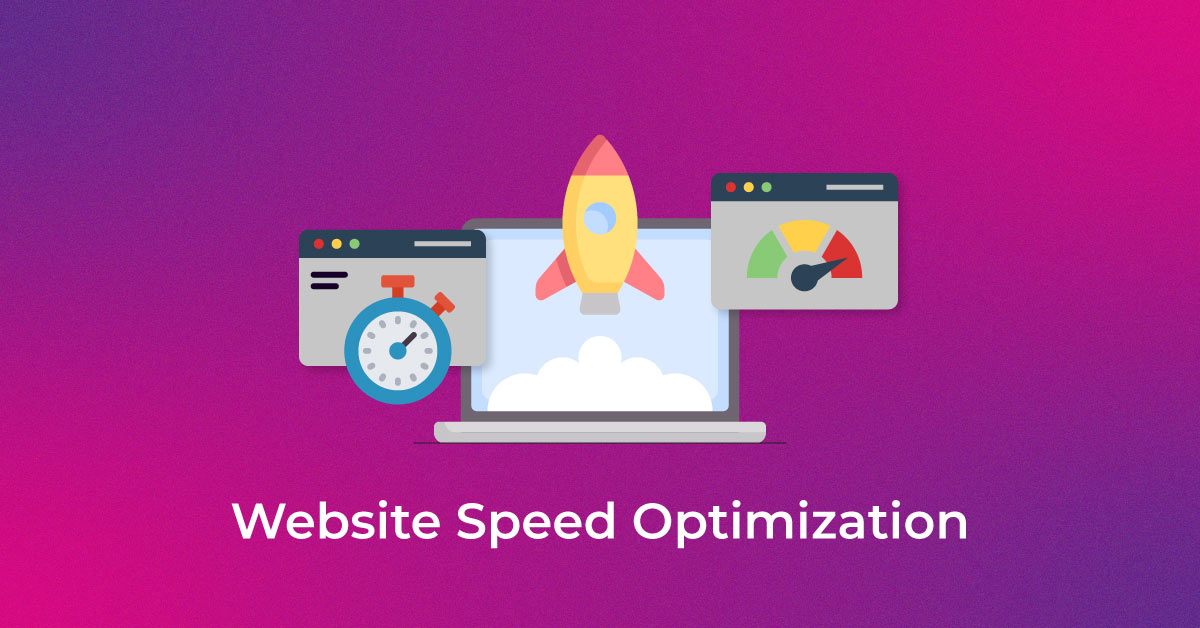The Hosting Insight
Your go-to source for the latest in web hosting news and tips.
Speedy Sites Make Happy Bytes
Discover how fast websites lead to happier users! Unlock tips for speedier sites and boost your online success today!
The Importance of Website Speed: How Fast Sites Improve User Experience
Website speed is a critical factor that directly influences user experience. In today's fast-paced digital world, users expect a seamless browsing experience without delays. Research shows that even a one-second delay in page load time can lead to a significant drop in user satisfaction and engagement. As users grow increasingly impatient with slow-loading sites, it has become essential for website owners to prioritize speed optimization. Faster websites not only attract more visitors but also keep them engaged, ultimately reducing bounce rates and increasing the likelihood of conversions.
Moreover, fast websites contribute positively to search engine optimization (SEO). Search engines like Google consider page load speed as a ranking factor, which means that quicker sites can achieve higher visibility in search results. By investing in speed optimization, you not only enhance user experience but also improve your site's chances of ranking well. To optimize website speed, consider implementing techniques such as image compression, leveraging browser caching, and minimizing JavaScript file sizes. These strategies can lead to tangible improvements that benefit both users and search engine rankings.

Top 5 Tools to Measure Your Website's Loading Speed
Measuring your website's loading speed is crucial for providing a great user experience and improving your search engine ranking. Here are the top 5 tools that can help you analyze your site's performance:
- Google PageSpeed Insights: This free tool evaluates your website's performance on both mobile and desktop devices, offering detailed insights and suggestions for improvement.
- GTmetrix: With its comprehensive reports, GTmetrix allows you to monitor your website's speed over time and provides recommendations to optimize performance.
- Pingdom Tools: Pingdom offers real-time performance monitoring and helps you understand how different elements of your site contribute to loading speed.
- WebPageTest: This advanced tool allows you to run performance tests from multiple locations worldwide and gives in-depth insights into your site’s speed metrics.
- Uptrends: Uptrends allows you to test your site’s loading speed across various devices and provides detailed waterfall charts to analyze each element’s performance.
Can Page Speed Affect Your SEO Rankings?
Page speed is a crucial factor in determining your website's performance in search engine rankings. Search engines like Google prioritize user experience, and a fast-loading website is a key component of that experience. Studies have shown that users are more likely to abandon a site that takes too long to load, leading to higher bounce rates and lower session durations. These metrics signal to search engines that your site may not be providing value to users, which can negatively impact your SEO rankings.
Moreover, page speed directly influences your website's Core Web Vitals, which are essential metrics used by search engines to assess the overall user experience. The three main components of Core Web Vitals include loading performance, interactivity, and visual stability. If your site is sluggish, it can struggle to meet these benchmarks, causing a decline in rankings. To enhance your SEO performance, consider optimizing images, leveraging browser caching, and employing a content delivery network (CDN) to improve your page speed.